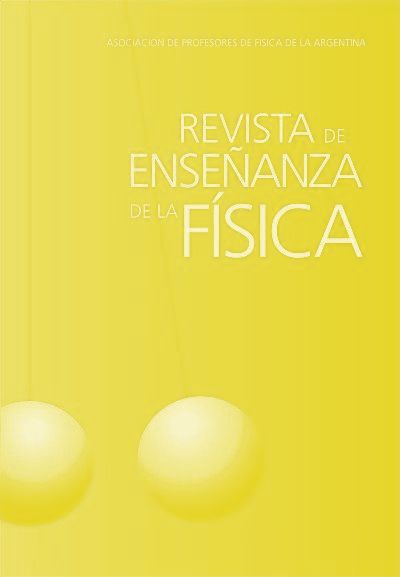Possible conceptions about the Nature of Science of undergraduate students in Physics, in the context of a Brazilian public university
Keywords:
Teachers’ initial training; Physics teaching; Nature of Science; Conceptions of Science; CurriculumAbstract
This article presents and discusses the production conditions of ideals intended by university professors, based on the theoretical frameworks adopted in the Philosophy of Science discipline, in the context of physics teachers’ initial training at a Brazilian pub-lic university. Despite of the existence of several researches on conceptions about the Nature of Science, deformed and reduc-tionist representations of it are still widely present in society. In view of that Basic Education is a favorable environment for learning Science, the concern is directed to the image that future teachers may have of Science, hoping that, when discussing it, there will be a greater contribution to Science Education. After analyzing the theoretical references of the subject in question, it was possible to verify that the formation of the Nature of Science conceptions occurs in a contextualized way, where it starts from an internal conception of Science, towards an external one. However, even though several authors present different con-ceptions of Science, there is a necessity to expand this discussion through other references, in order to develop reflective and questioning attitudes, which promote changes in society.
Downloads
Published
Issue
Section
License

This work is licensed under a Creative Commons Attribution-NonCommercial-NoDerivatives 4.0 International License.
Aquellos autores/as que tengan publicaciones con esta revista, aceptan los términos siguientes:Los autores/as conservarán sus derechos de copiar y redistribuir el material, bajo los términos estipulados en la Licencia de reconocimiento, no comercial, sin obras derivadas de Creative Commons que permite a terceros compartir la obra bajo las siguientes condiciones:
- Reconocimiento — Debe reconocer adecuadamente la autoría, proporcionar un enlace a la licencia e indicar si se han realizado cambios. Puede hacerlo de cualquier manera razonable, pero no de una manera que sugiera que tiene el apoyo del licenciador o lo recibe por el uso que hace.
- NoComercial — No puede utilizar el material para una finalidad comercial.
- SinObraDerivada — Si remezcla, transforma o crea a partir del material, no puede difundir el material modificado.
- Los autores/as podrán adoptar otros acuerdos de licencia no exclusiva de distribución de la versión de la obra publicada (p. ej.: depositarla en un archivo telemático institucional o publicarla en un volumen monográfico) siempre que se indique la publicación inicial en esta revista.
- Se permite y recomienda a los autores/as difundir su obra a través de Internet (p. ej.: en archivos telemáticos institucionales o en su página web) antes y durante el proceso de envío, lo cual puede producir intercambios interesantes y aumentar las citas de la obra publicada. (Véase El efecto del acceso abierto).










